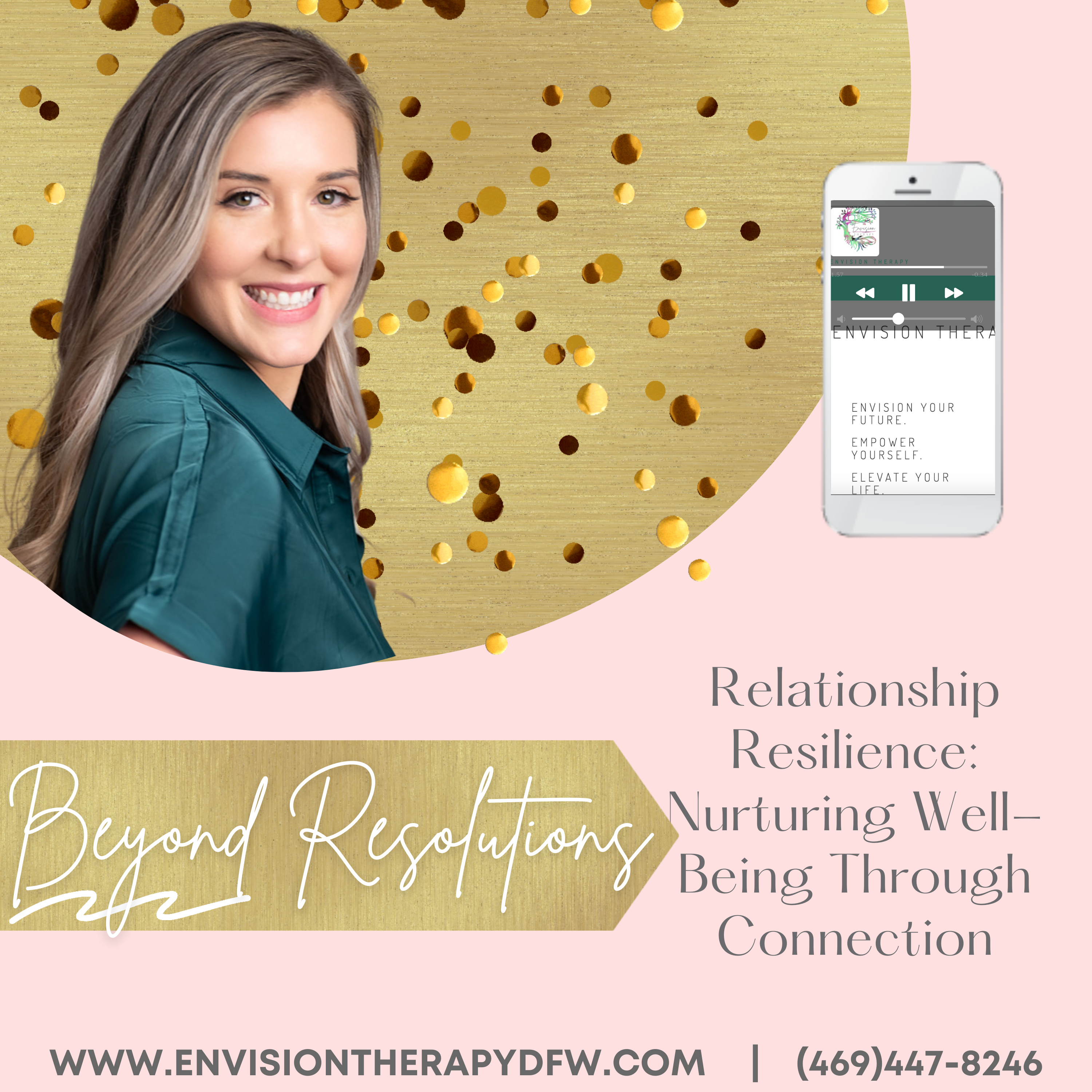In life, relationships form the threads that weave through our experiences, shaping our well-being and influencing our mental and emotional health. Building and maintaining healthy relationships is an ongoing journey that requires intentionality, understanding, and a commitment to mutual growth. This post delves deeper into the nuances of fostering meaningful connections, exploring additional layers of insight and value for cultivating relationships that contribute profoundly to our overall well-being.
Understanding the Foundation: Communication and Empathy
-
Transparent Communication:
- Open and honest communication serves as the bedrock of healthy relationships. It involves not only expressing thoughts and feelings but also actively listening to understand the perspectives of others. Transparency builds trust and fosters a sense of security within the relationship.
-
Empathy as a Continuous Practice:
- Beyond understanding emotions, empathy involves placing oneself in another’s shoes. It’s a continual practice of acknowledging and validating the feelings of those we care about. Cultivating empathy creates an environment where individuals feel seen, heard, and valued.
The Importance of Boundaries in Healthy Relationships
-
Mutual Respect Through Boundaries:
- Healthy relationships thrive when there’s a mutual understanding of personal boundaries. Respecting each other’s limits fosters an atmosphere of trust, allowing individuals to feel secure and valued within the relationship.
-
Encouraging Personal Growth:
- Clear boundaries enable individuals to pursue personal growth within the context of the relationship. They provide space for self-discovery and independence, contributing to a well-rounded and fulfilled partnership.
Navigating Conflict: A Crucial Aspect of Healthy Relationships
-
Embracing Vulnerability in Conflict:
- Constructive conflict resolution involves vulnerability. It requires individuals to express their needs and concerns openly while remaining receptive to their partner’s perspective. Vulnerability builds intimacy and deepens the connection.
-
Learning and Growing Together Through Challenges:
- Conflict, when approached with a growth mindset, becomes an opportunity for learning and mutual understanding. It strengthens the bond as individuals navigate challenges together, fostering resilience in the relationship.
Cultivating Emotional Intimacy: A Key Component
-
Authentic Sharing and Vulnerability:
- Emotional intimacy involves going beyond surface-level interactions and sharing one’s true self. Vulnerability creates a safe space for emotional connection, enhancing the depth and richness of the relationship.
-
Building Trust Through Consistency:
- Trust, a cornerstone of emotional intimacy, is built over time through consistent actions and honesty. Trust allows individuals to be secure in the knowledge that they can rely on and confide in each other.
Investing Time and Energy: The Bedrock of Healthy Relationships
-
Quality Time as an Expression of Value:
- Meaningful connections require dedicated time. Whether through shared activities or simply being present with each other, investing time communicates the value placed on the relationship.
-
Balancing Commitments for Lasting Connection:
- Balancing individual commitments with shared activities ensures that the relationship remains a priority amidst life’s demands. It involves intentional efforts to nurture the connection and strengthen the partnership.
Prioritize Well-Being Through Connection
In the journey of building healthy relationships, the pursuit of well-being is intertwined with the quality of connections we cultivate. By embracing transparent communication, practicing empathy, setting respectful boundaries, navigating conflicts with vulnerability, fostering emotional intimacy, and investing time and energy, we contribute to the foundation of relationships that stand the test of time.
As we navigate the complexities of human connections, let’s recognize that healthy relationships are not static; they evolve, adapt, and grow. Subscribe to the Envision Therapy DFW blog for more in-depth discussions on relationships, well-being, and practical strategies for fostering meaningful connections that contribute profoundly to your mental and emotional health.
TLDR: Building healthy relationships involves continuous transparent communication, practicing empathy, setting respectful boundaries, navigating conflicts with vulnerability, fostering emotional intimacy, and investing time and energy. Prioritize the well-being of your relationships by embracing these principles for lasting and meaningful connections.

